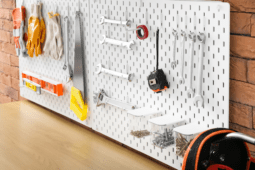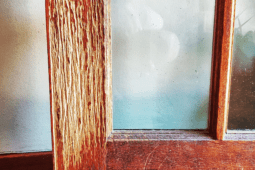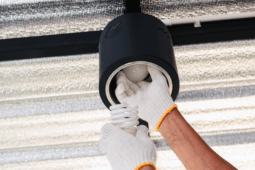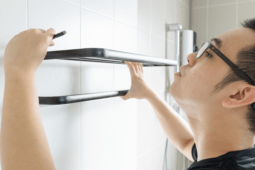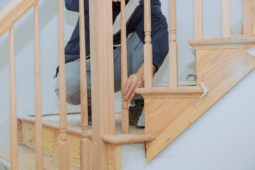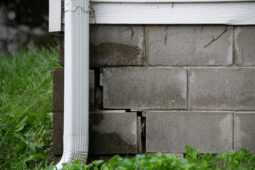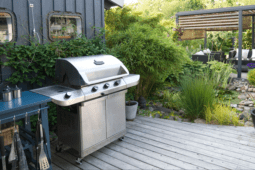How to Clean Quartz Countertops
Quartz has become a common choice for countertop materials. And why shouldn’t it be? It is naturally beautiful but also quite durable. It has a certain luxurious appearance to it, comes in tons of styles and colors, is invulnerable to mold, bacteria, and stains, and is low maintenance. On top of all that, it comes at a reasonable price point.
For as great as it is, there are a few things to avoid. Most importantly, you want to stay away from abrasive materials when cleaning quartz countertops. You can clean quartz pretty easily. Just make sure that all loose debris is removed before using soap and water to gently wipe the surface. Your quartz countertops should be sparkling clean when you are done.
A Note About Quartz
For all of the notable points that quartz has going for it, it is not invulnerable to damage. People thinking that it can hold up like some indestructible material will be sorely disappointed. It is naturally prone to scratches, cuts, and damage from excessive heat.
So, whenever you are around your countertops, make sure to use precautions. Use trivets, cutting boards, hot pads, and anything else meant to prevent damage to countertops. It is an extra step but will keep your quartz looking good for a long time to come.
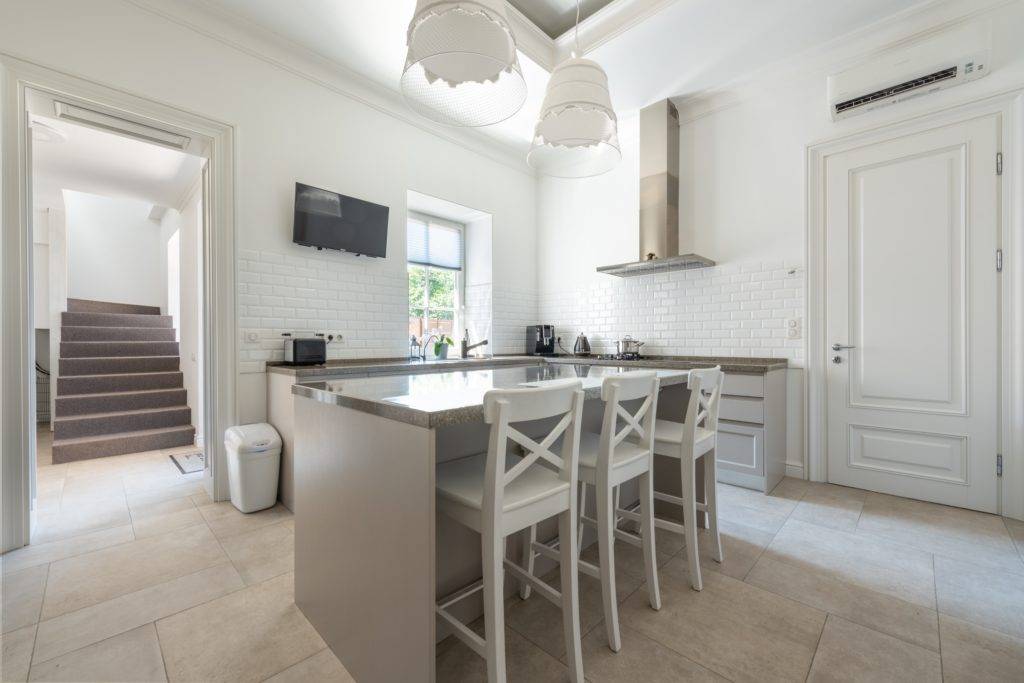
How to Clean Quartz Countertops
The good news is that keeping your quartz countertops clean is a relatively simple endeavor. Remember that they are heavily resistant to mold, staining, and bacteria. That means giving it a little care to make it look completely clean and new.
The key is to wash gently and make sure that the surface is free of debris. Follow the below steps to properly clean your quartz countertops.
Step 1: Gather Materials
Keeping your quartz countertops clean is fairly simple and you won’t need much to do so. Most of what you will need can be found around the average home. Even if it isn’t there, buying them is relatively simple.
Make sure that you have a clean cloth or towel available. You will need soap and water for the cleaning as well as a sponge. Finally, you will want some sort of disinfectant. Isopropyl alcohol will work in a pinch but you can go with a store-bought disinfectant as well.
Step 2: The Initial Wipe Off
Before you do anything, the key is to ensure that the countertops are as clean as they can be. Any loose debris, grease, or dirt will only be detrimental to the cleaning process. Remove everything from the surface including décor, cutlery, and cookware.
Make sure that you remove any loose debris. This generally entails things like crumbs and other food scraps. You can do so with your hand, a small vacuum, or sweep it off the countertop using a dry sponge. If you simply skip forward without doing this, there is a chance that the debris can scratch the quartz during cleaning.
Step 3: Break Out the Soap
When you have finished doing an initial sweep of the countertop, it is time to bring in the soap. All you need is a few drops of dish soap onto a wet sponge. Make sure that the sponge is of the non-abrasive variety or you will get scratches on your quartz.
Gently scrub the countertops using an “S” pattern for your wiping. Work from the backsplash down to the outer edge of the countertop. When there are spots with caked-on foodstuffs, you might have to scrub a little harder to break them up.
In cases of food that is really stuck on, carefully use a sharp edge. Just make sure that the edge of whatever you use rests on the counter and gently work the caked-on material until it loosens.

Step 4: Rinse and (Maybe) Repeat
This next step depends on just how dirty your quartz countertops are. Rinse away all of your soap completely. Doing so will also take away any loose dirt that may be sitting on the countertops. Take stock of the countertop.
If it is good to go, rinse out your sponge thoroughly. But if you notice that there are still spots of dirt, go over them again with your soapy sponge. When you are done, use the dish towel or cloth to dry the excess moisture on the countertops.
Step 5: Time to Disinfect
For this step, you can go one of two routes. You can always purchase a disinfecting spray from your local store. It should do the job just fine. But if you are not a fan of extra chemicals, there is a homemade solution.
Mix two cups of water with a quarter-cup of isopropyl (rubbing) alcohol. Put the concoction into a spray bottle. If you want to get really fancy about it, there are plenty of essential oils out there that will provide a pleasant smell.
Spray the countertops completely, making sure that you have the entire surface properly covered. Because of the alcohol, drying times are really quick. Give it about two or three minutes to sit. When finished, wipe down the entire surface with a dry rag or dishcloth. That’s all there is to it!
Tougher Cleaning
Now that we know how to do a general cleaning of quartz countertops, you are all set, right? Hold on a second. What about when there are tougher spots to deal with? Thankfully, there are a few easy solutions to be had. Read on.
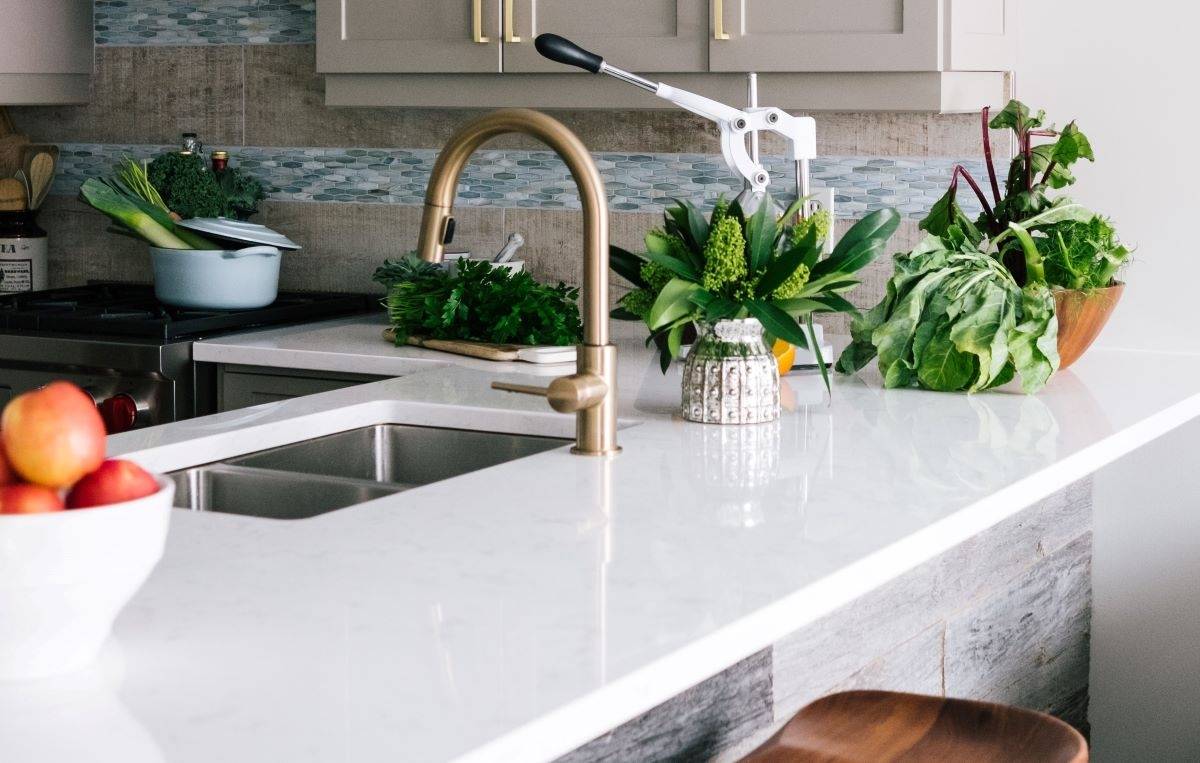
Getting Out Marker
It is always recommended that you keep anything that could potentially stain away from your quartz countertops. But things happen. So, what are you supposed to do if you get permanent marker on your countertop?
The good news is that you can get it out pretty easily. All you need is a little industrial cleaner like a Goo Gone to do the work. These cleaners are not abrasive, so they should not do any damage to the countertops. Just gently rub it into the stain and rains it away until the water is clear.
Stuck On Stains
There is a decent chance that at some point, you are going to be stuck with a stain – literally. Whether it be grease or some other difficult substance, you may find yourself staring down a stain that just won’t come up.
The good news is that there are kitchen degreasers and other cleaners that were created specifically for this purpose. Just follow the instructions for use and you should be able to at least break apart whatever is troubling you
What Not to Do With Quartz Countertops
While quartz is pretty durable, there are more than a few things that you want to avoid. After all, it is a durable material but it isn’t indestructible. Here are a few of the things that you should avoid if you have quartz countertops.
No Cutting
Quartz is a pretty hard surface but it is not hard enough that it will resists sharp objects. Whenever you are preparing or cutting food, make sure that you have a cutting board underneath your knives. Those scratches can add up quickly and will mar your otherwise beautiful countertop.
Depending on the depth of the scratch, there are a few repair options. Lighter scratches can generally be buffed out, for instance. But heavier scratches will require the use of epoxy to fill it in. The latter isn’t particularly difficult but takes a lot more work to repair.
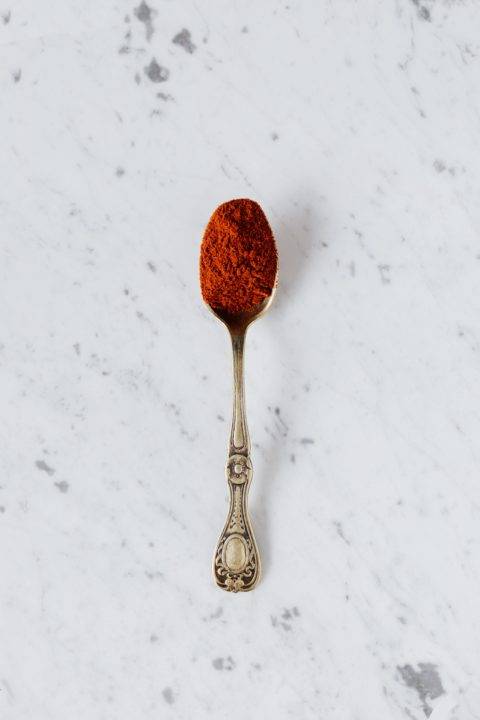
Keep Away from Heat
Whenever you are cooking, it is a good idea to have hot pads and trivets ready. Most quartz is scorch- and heat-resistant, but that doesn’t mean it is impervious. For the most part, the resin used in making quartz countertops will start to melt when temperatures get above 300 degrees Fahrenheit. From that point, the quartz will begin to show damage from scorching.
You can keep yourself from a lot of trouble using those protective pads. There are fixes to be had but they are not easy or ideal. Depending on the depth of the scorch damage, you can use a mild abrasive to buff out the damage. In some cases, an abrasive like toothpaste can be used, scrubbed gently into the surface of the quartz.
Stay Clear of Abrasives
While it may sound confusing given how to fix scorch marks, abrasives are bad news for quartz countertops. Alkaline and acid cleaners are also bad for the finish of the countertops. Abrasives can scratch up the surface of your quartz countertops, leaving them looking worn and marred.
For tougher stains, make sure that the cleaner you use is rated for cleaning quartz. The last thing you want is to get a cleaner that you think will do the job only to find that there are tons of tiny scratches throughout the surface of the countertop.
Quartz can tolerate light exposure to alkaline or acidic cleaners but over-exposure can damage and even disintegrate the bonds between the resin and the quartz. Whenever cleaning quartz countertops, you should default to mild soap and water first. It is strong enough to get out most spots or dirt on your counters without being dangerous to the finish.

